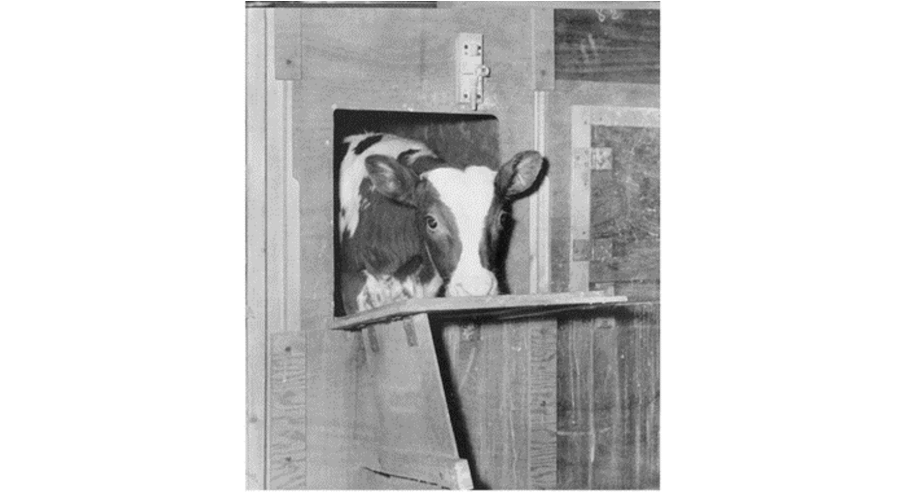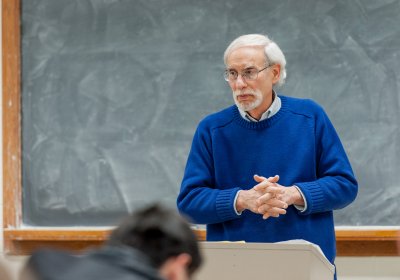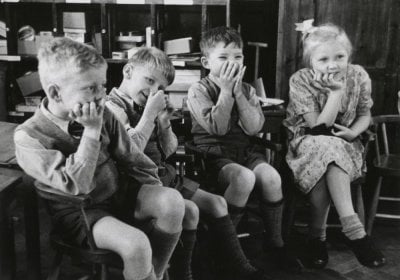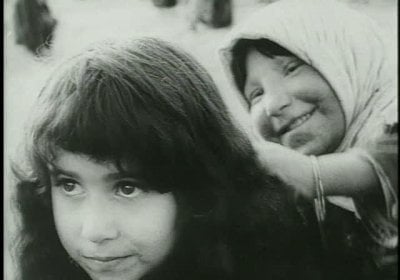Bearing Witness: Ruth Harrison and British Animal Welfare

This talk explores the biography of one of Britain’s foremost animal welfare campaigners and the world of activism, science and politics she inhabited. In 1964, Ruth Harrison’s bestseller Animal Machines triggered a gear change in modern animal protection by popularising the term ‘factory farming’ alongside a new way of thinking about animal welfare.
In this webinar, Claas Kirchhelle explores Harrison’s avant-garde upbringing, Quakerism and how animal welfare debates were linked to concerns about the wider ethical and environmental trajectories of post-war Britain. Breaking the myth of Harrison as a one-hit wonder, it reconstructs Harrison’s 46 years of campaigning and the rapid transformation of welfare politics and science during this time. Exacerbated by Harrison’s own actions, the decades after 1964 saw a polarisation of animal politics, a professionalisation of British activism, and the rise of a new animal welfare science. Harrison’s belief in incremental reform allowed her to form ties to leading scientists but alienated her from more radical campaigners. Many of her 1964 demands gradually became part of mainstream politics. However, farm animal welfare’s marketisation has also led to a relative divorce from the wider agenda of social improvement that Harrison once bore witness to.
Speaker
Claas Kirchhelle is a historian of biomedical sciences. Based at University College Dublin and supported by a Wellcome Trust University Award, his multi award-winning research explores the history of microbes, infectious disease, and the development, marketing and regulation of antibiotics and vaccines.
Since completing his DPhil (Oxon) in 2015, he has authored three monographs on the history of antibiotics in food production (Pyrrhic Progress, 2020), animal welfare, science and activism (Bearing Witness, 2021), and typhoid control (Typhoid, 2022).
Please note that the recording link will be listed on this page when available
Admission
Contact


